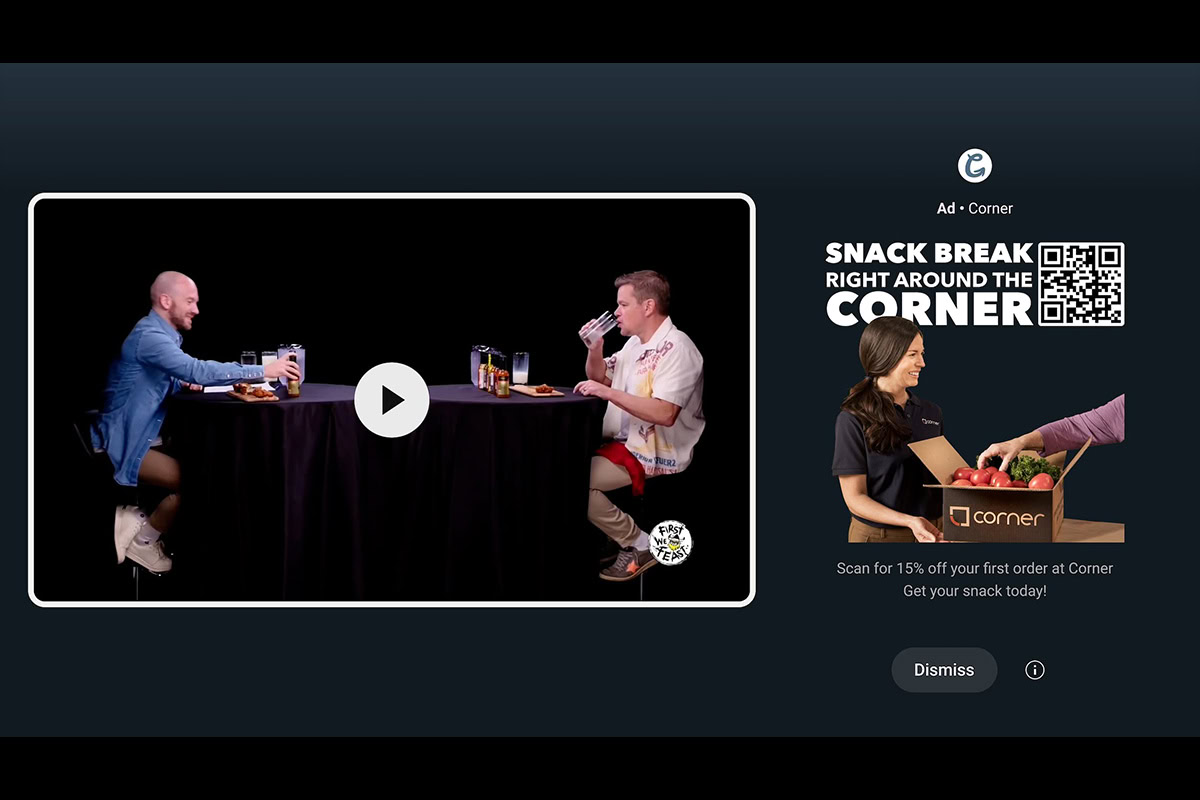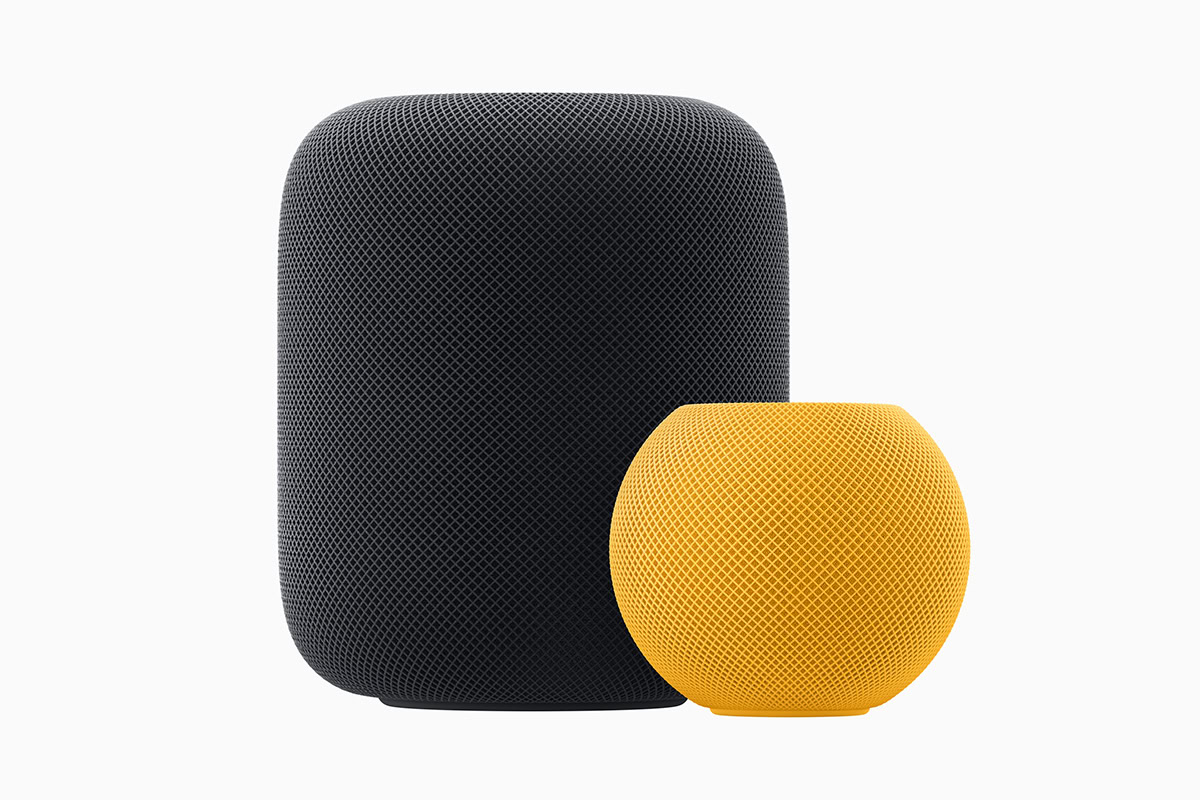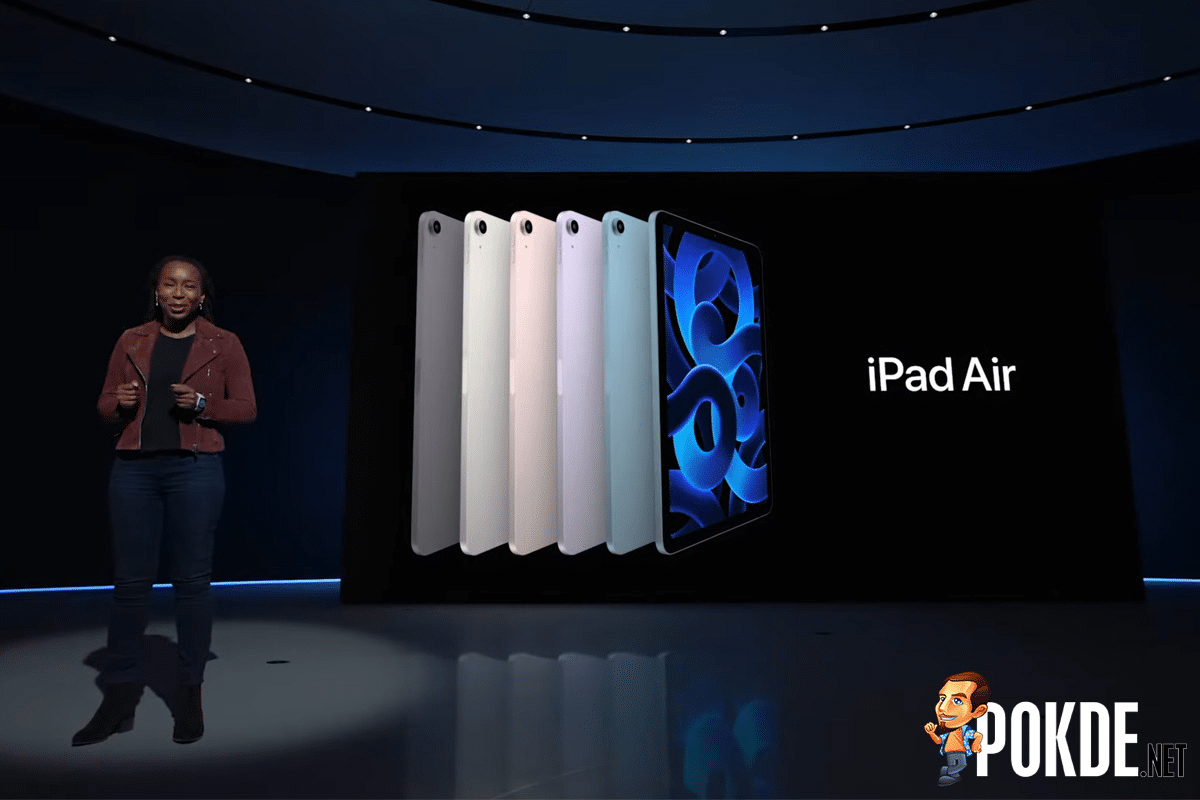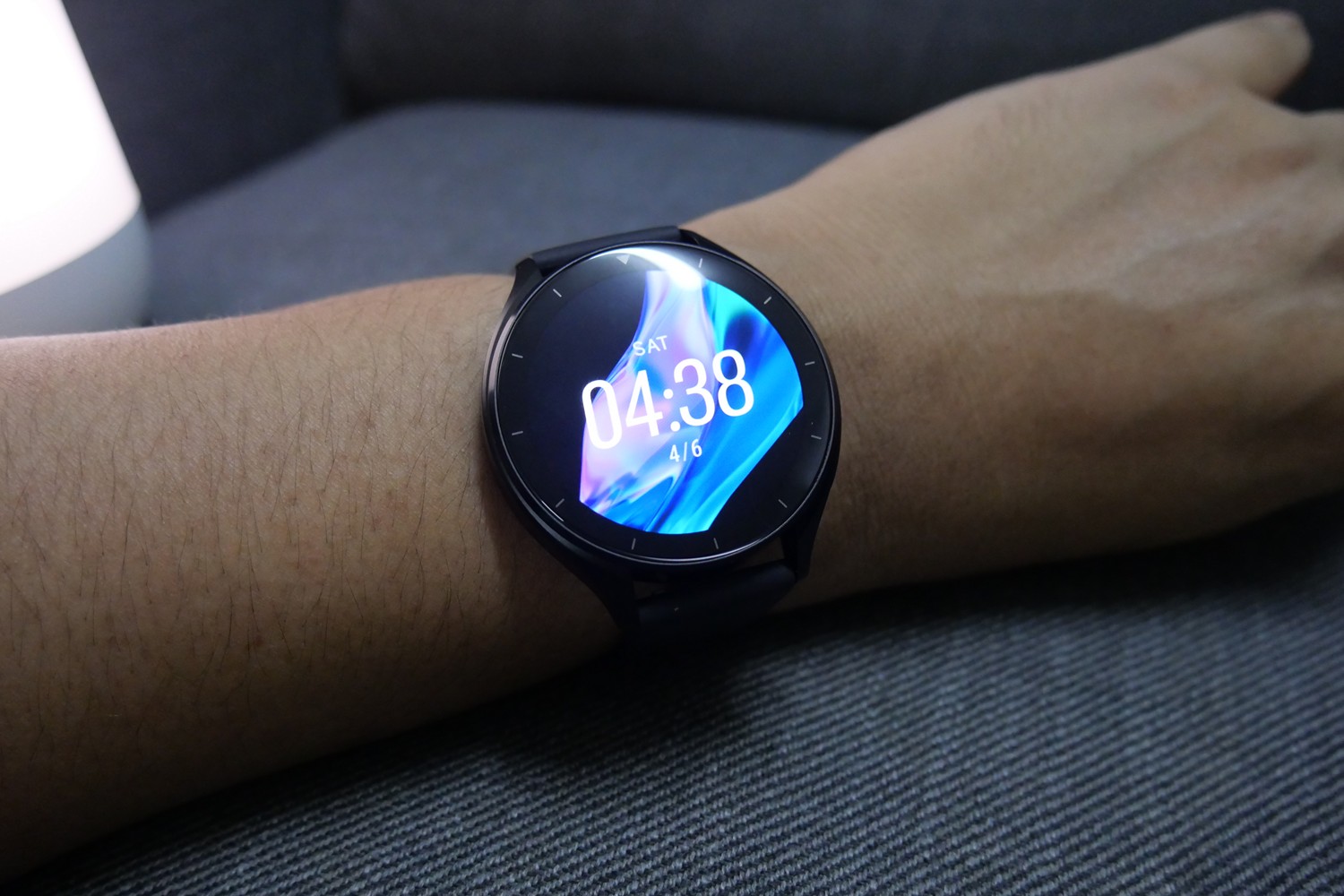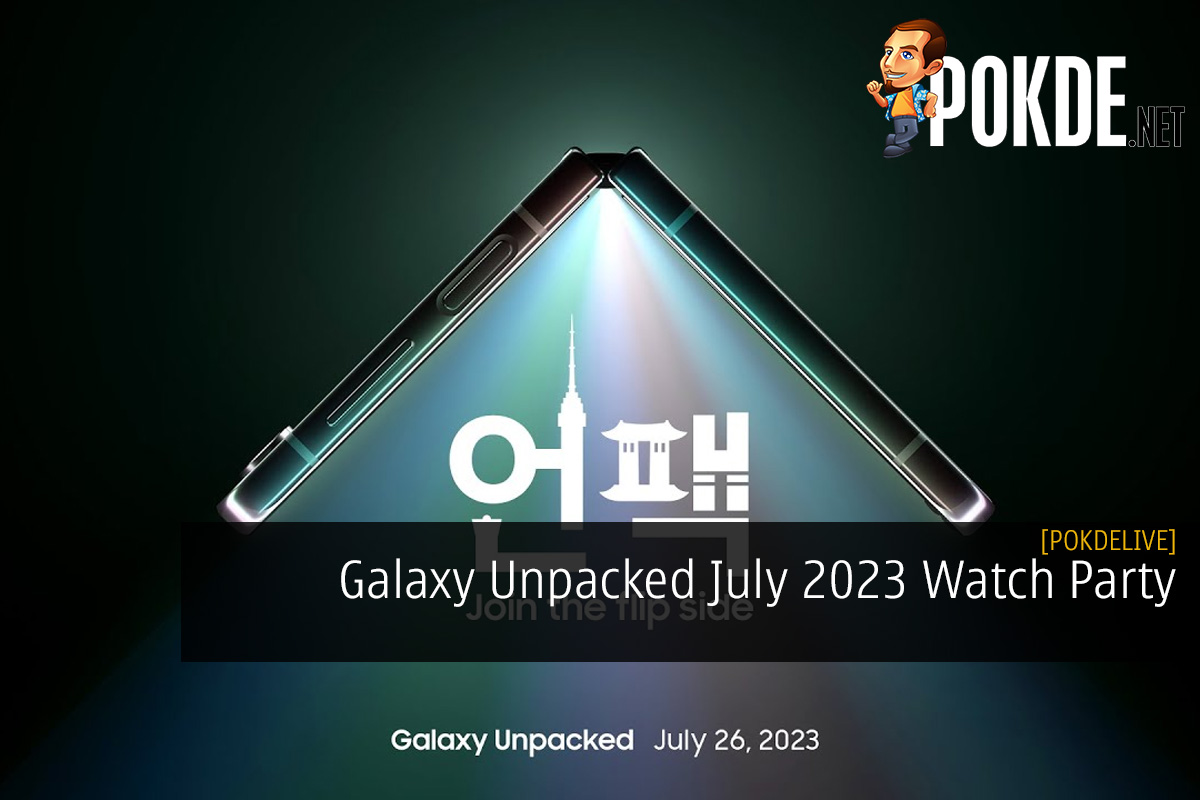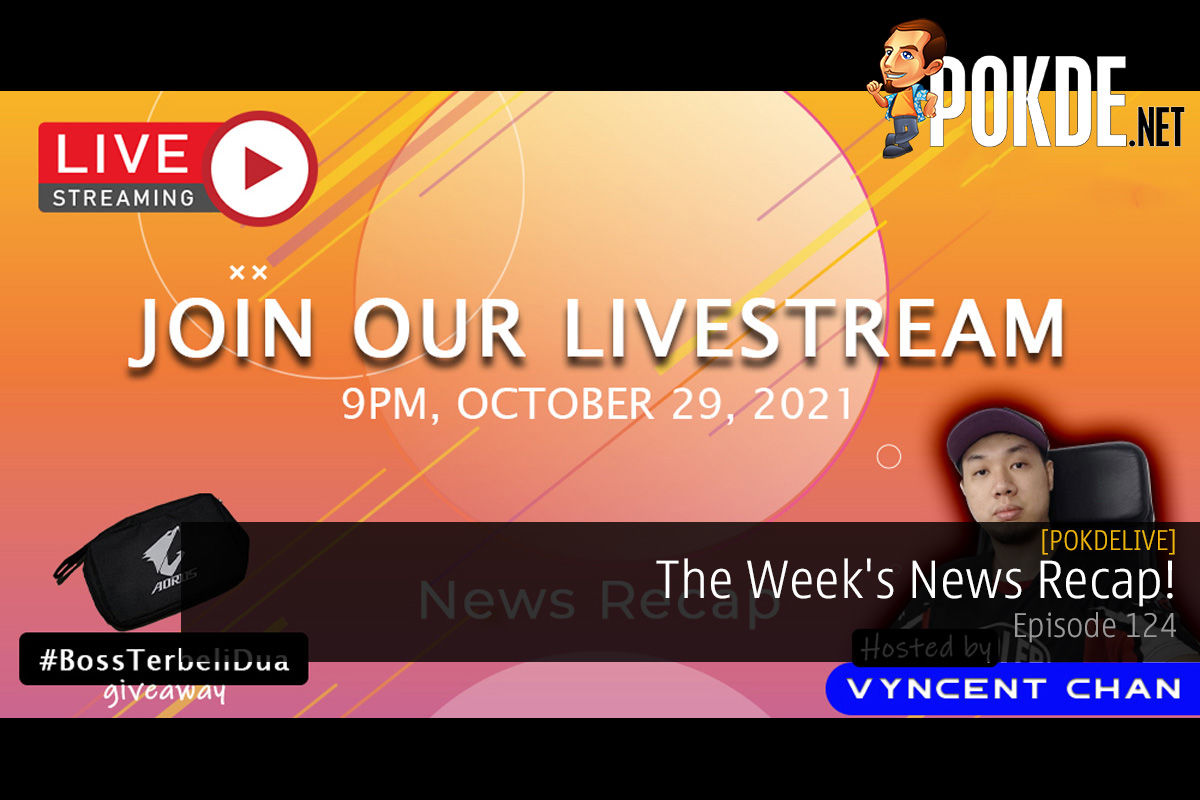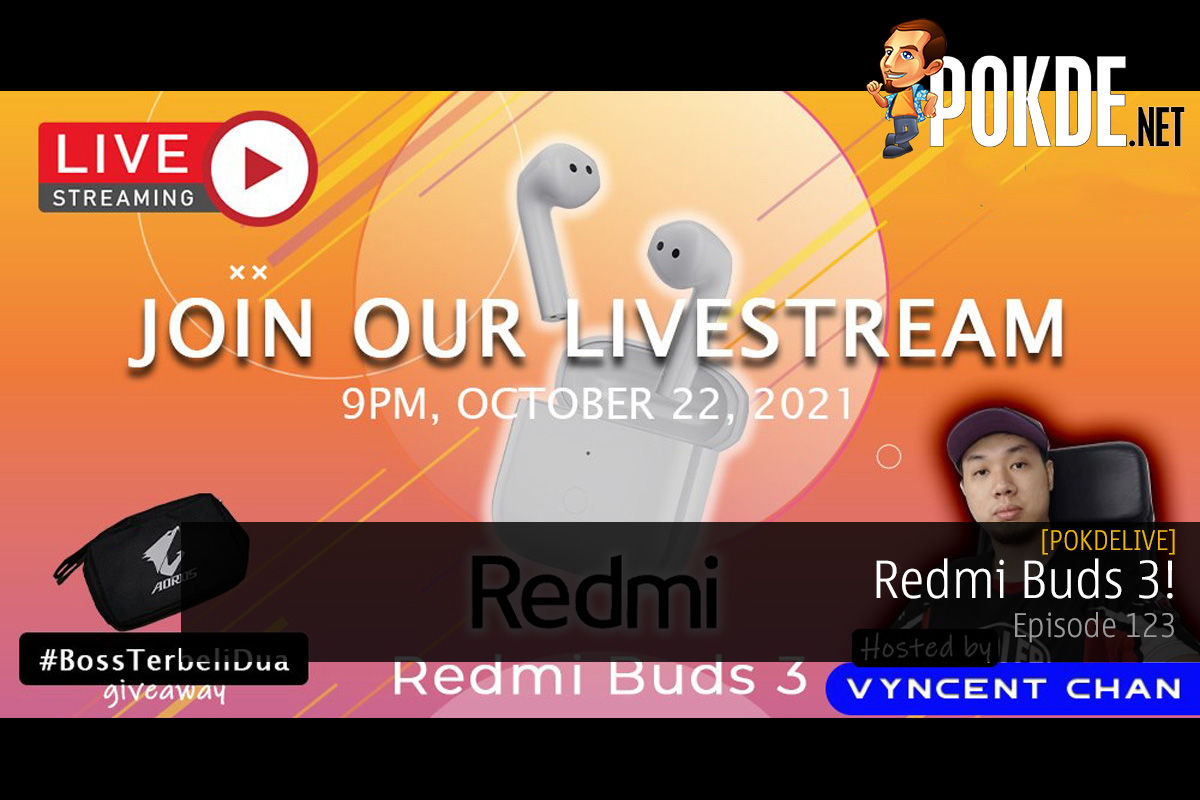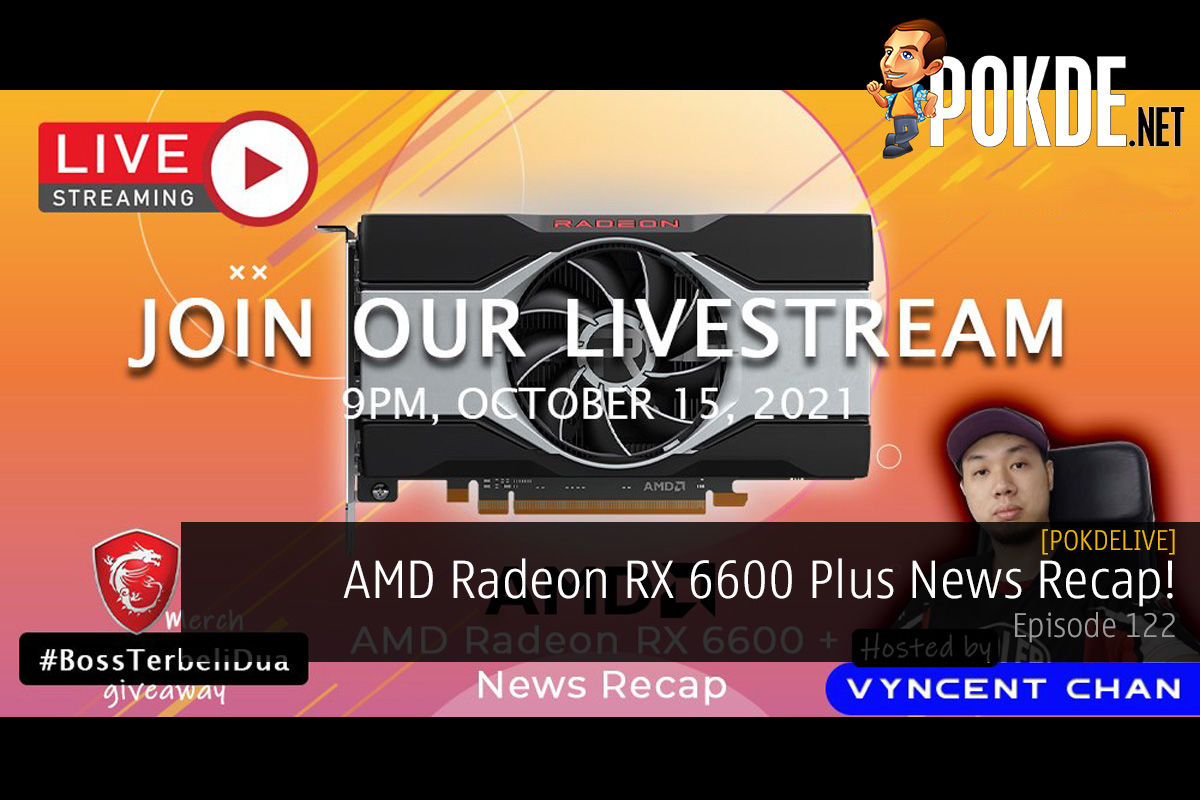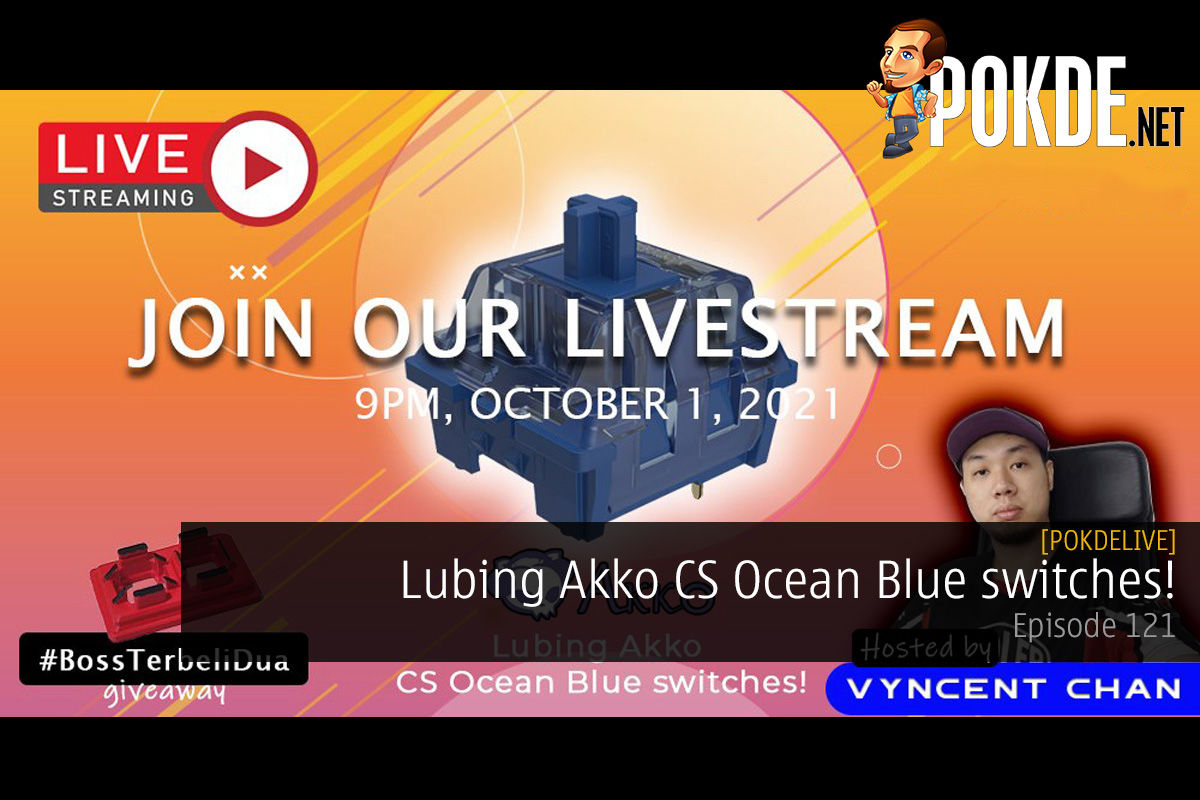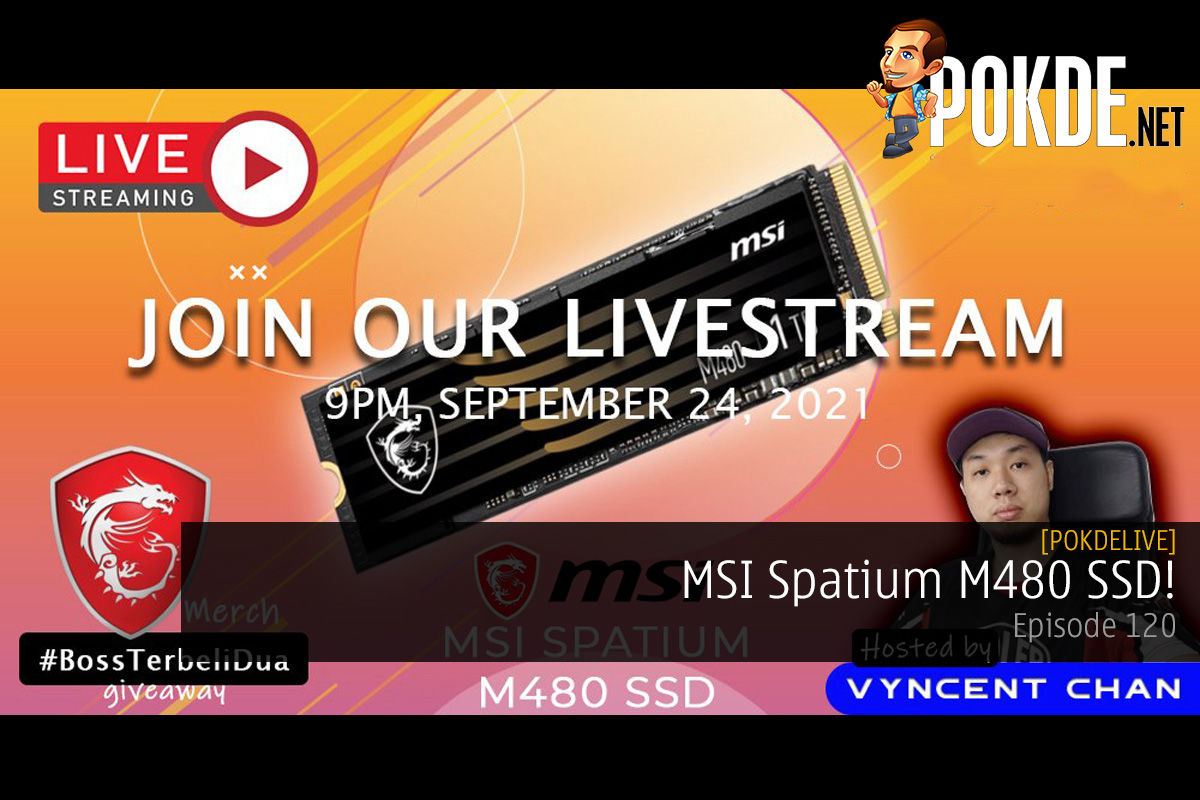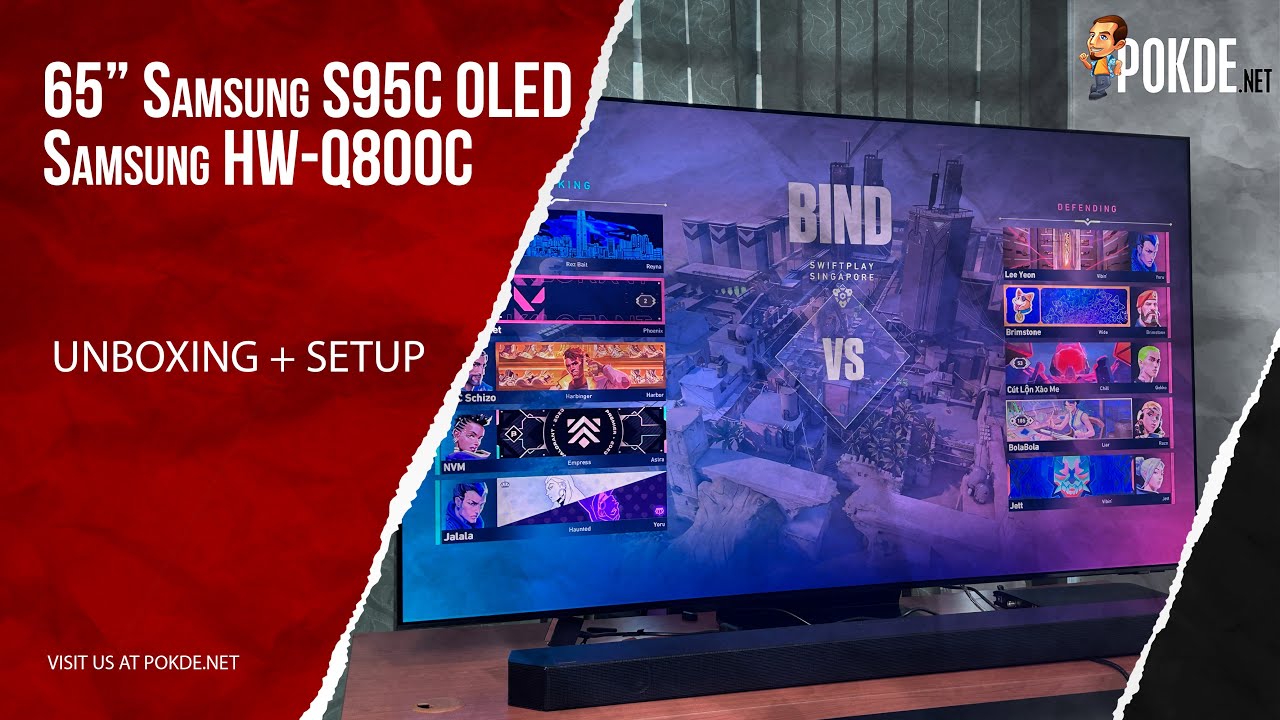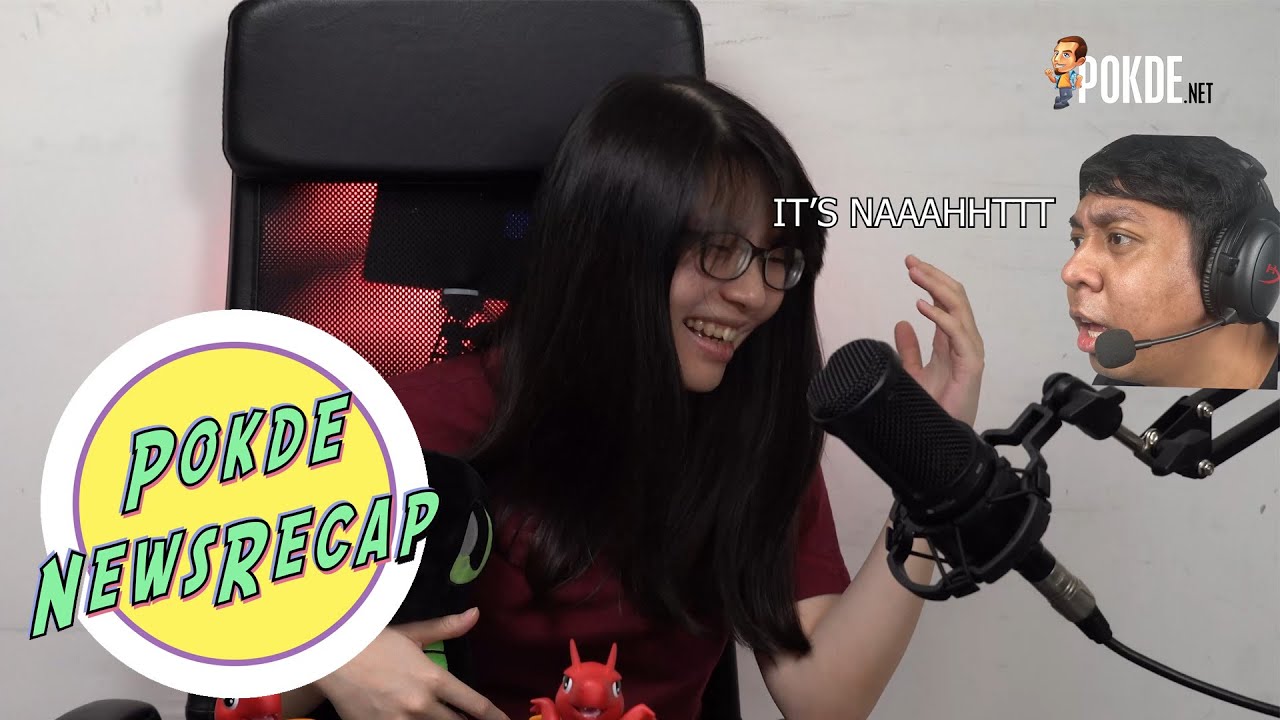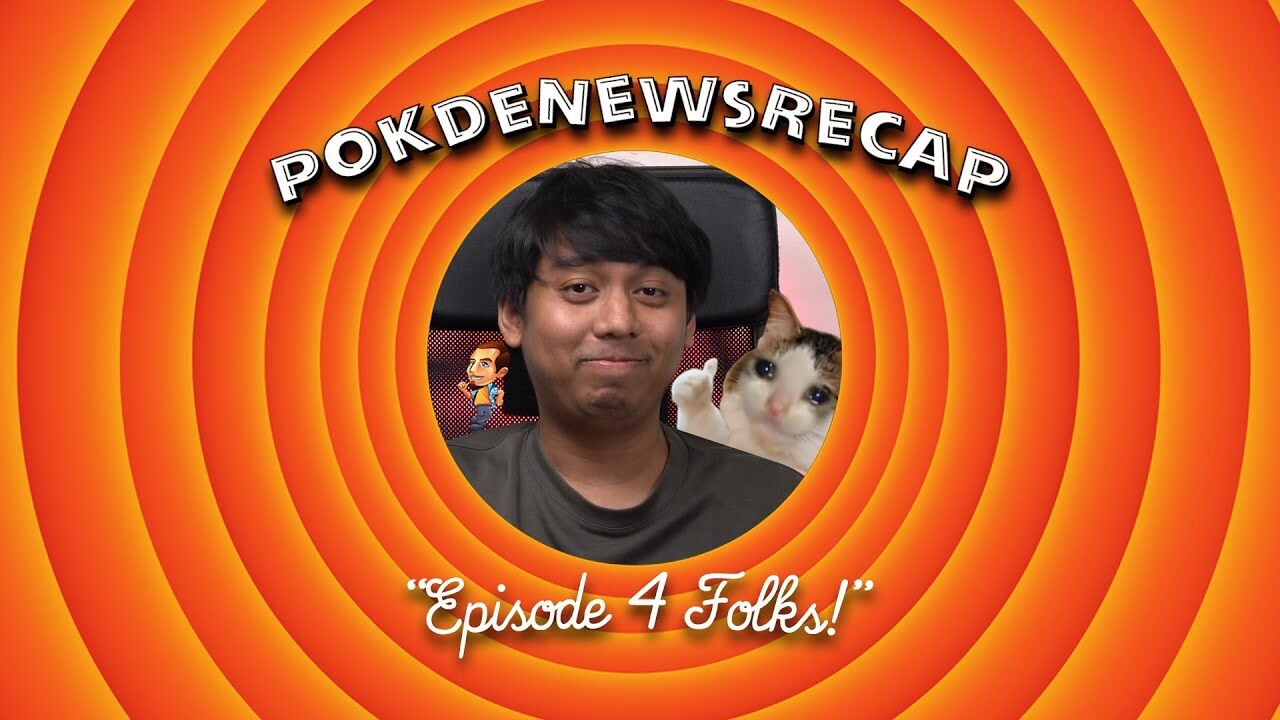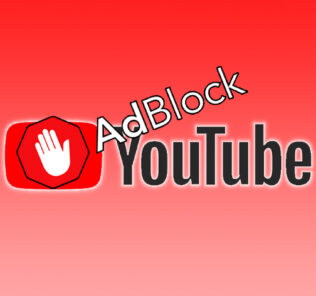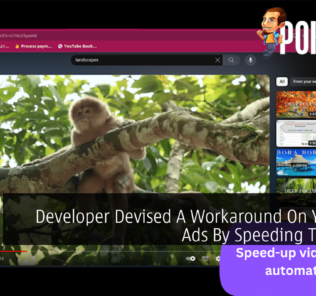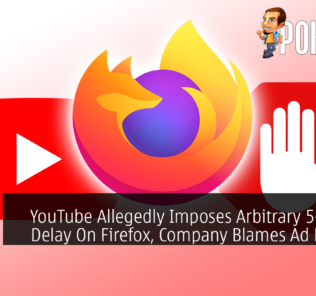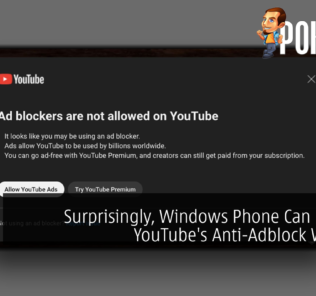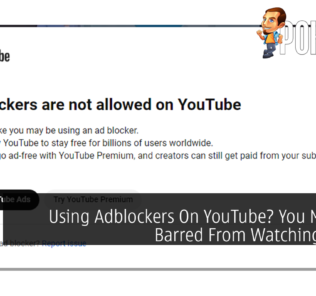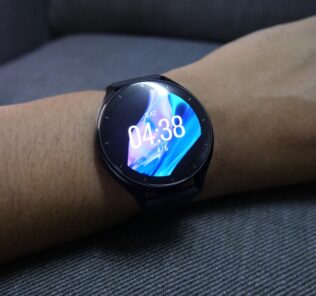Google’s Next Step At Killing Ad Blockers: Slow Down Extension Updates
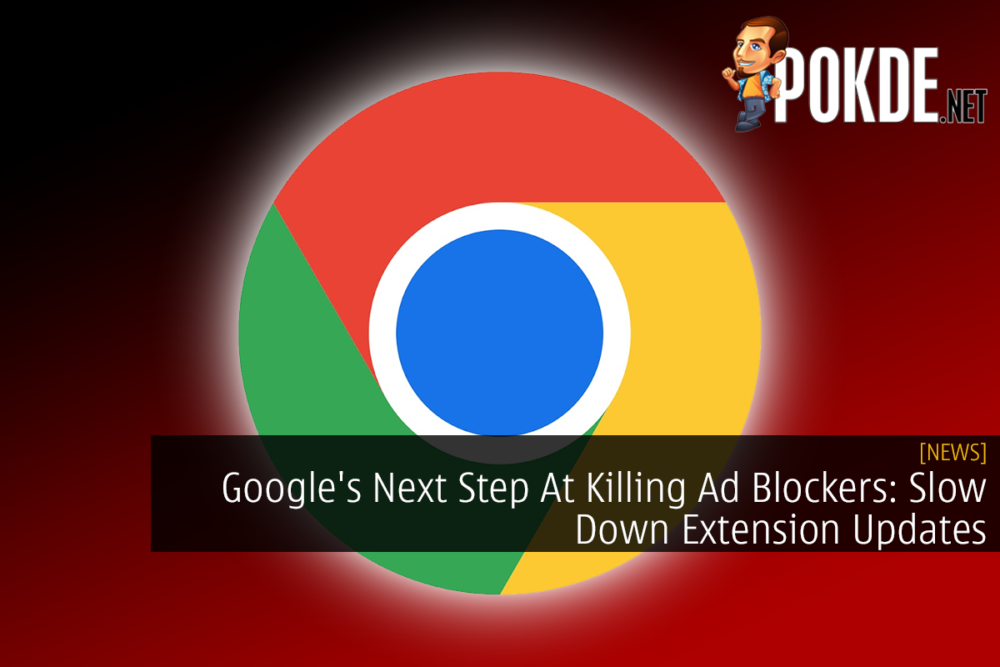
Google’s Next Step At Killing Ad Blockers: Slow Down Extension Updates
Google is amping up its anti-adblock efforts: the company will move ahead with implementing the infamous ‘Manifest V3’ extension platform beginning June 2024 despite concerns from privacy advocates and groups. Amongst all of the drama, it looks like this transition will hamper adblock extensions in more ways than one.
The current extension platform, Manifest V2, has been largely fine with no major issues around it. However, Google presumably isn’t fond of the idea that extensions possess too much power – as current adblock extensions are basically capable of full filtering control. Truth be told, Google is now very much an advertising company, so the idea of adblocking certainly didn’t fare too well among the company’s executives.
Thus, Manifest V3 is born to solve this “problem” – by limiting the number of requests and filtering each extension can work with, on top of requiring the extension to ask the browser itself (which happens to be Google’s own) to complete such requests. As a result, adblockers are greatly hampered – but there’s worse news.
One of the key functions of adblocking is what’s called a “filtering list” – and each time a website loads, the extension will look for any requests that match the domains in the list. If that is the case, the content is filtered or blocked, ensuring users will not see the ads in the resulting webpage. Sometimes, new updates are required as new domains or code from websites gets updated, like a cat-and-mouse game of sorts.
This is especially important in the case of YouTube, which recently has cranked up its efforts at combatting adblockers. While some extensions came up relatively successful at circumventing the restrictions, there’s one key part that made this possible: frequent filtering list updates. Adblockers often update this on a daily basis, but Manifest V3 will not allow that without explicit approval from, you guessed it – Google. It is said that getting approval will require periods ranging from a few hours to three weeks, more than enough to cripple most adblockers’ functionalities.
However, there’s some good news for those who prefer not to get bombarded by ads. Ghostery’s director of product and engineering Krzysztof Modras pointed out that there’s a new approach, a better one at blocking ads: Scriptlet injection. It relies on specific data identifiers and removes ads this way, which is said to be “subtle enough” to block ads without alerting the website’s anti-adblock detection. Modras described it as currently “the only reliable way of ad blocking on YouTube.”
Until then, this is one David vs. Goliath battle that will have great effects on the Internet as we know it.
Source: Engadget
Pokdepinion: As a longtime Chrome user, I’m greatly disappointed by Google’s decision – I suppose it’s only the matter of time when users will be forced to use other browsers to keep their internet experience sane, and more importantly, safe.
















